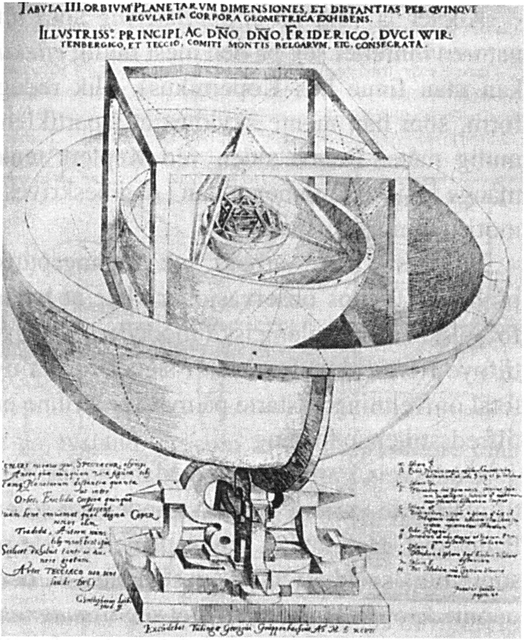Think about the Greeks and their model of planetary orbits. They chose circles as their primitive because circles are simple and seemed perfect for the heavens.

For 1,500 years, no one questioned this fundamental choice. As astronomers gathered more data, they noticed that planets did not quite follow circular paths. Rather than reconsidering their primitive, they invented epicycles — circles within circles. It was a workaround based on a firm belief that a circle is the right primitive. The epicycles made the model of the solar system messy and complicated.
Then came Johannes Kepler. He decided to try a different primitive: ellipses. With the sun at one focus of these elliptical orbits, everything clicked. The planets' movements matched the observations perfectly, and all those epicycles vanished. The system went from convoluted to elegant, just by changing the underlying primitive.
This pattern shows up a lot in systems where complexity has built up over time. We start with a simple primitive that seems right, then add layers of patches to make it work.
We can see this same pattern in modern technology. The internet is built on hyperlinks - elegant and simple pointers from one page to another. Now we're dealing with an internet optimized for clicks rather than substance or meaning. I wonder if it's a 'primitive' problem? When people talk about 'the new internet,' they often focus on exciting new features or technologies. But in my mind, there's always something crucial that's not being discussed enough: the choice of the primitive.
This observation has led me to formulate what I call "Jeet's Law of Primitives": If you are seeing a system growing more complex over time - with endless special cases and patches - it is likely built on the wrong primitive.
There was a period when physicists had to keep adding complexity to make the 'particle model' of the atom work. Wave-like behavior of particles. Discrete energy levels. Unexplainable effects like the photoelectric effect. Increasingly complex mathematical patches were being added. Then they came up with a fundamentally different primitive: the wave function. This new primitive simplified complexity that had been building up in atomic physics.
I am not saying that the right primitive can always be found from the start. It's an evolutionary process. Complexity keeps building up, which points to the fact that a new primitive is likely imminent. Just like a hero in a lawless western - when the right primitive arrives, the complexity collapses.